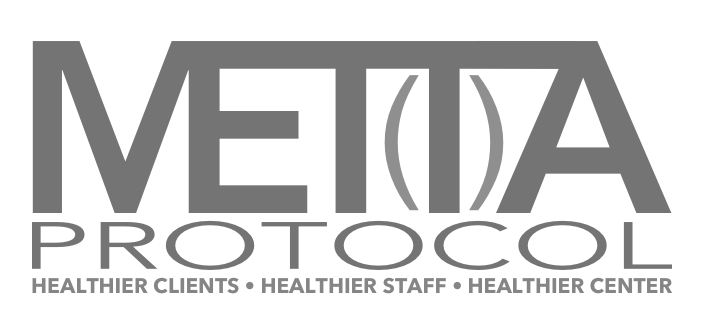My Presentation at the EMDRIA Conference and... Mindfulness and EMDR
As part of my preparation to speak at this year's 2016 EMDRIA Conference in Minneapolis, I have been journaling my thoughts on the different aspects and hopeful impact of my presentation. For more information on the conference, click here. For additional journal entries, click here.
First of all, kudos to those who have helped this work get under way. Dr. Jamie Marich and I are well into writing our book on this subject of mindfulness and EMDR therapy. It is incredibly meaningful to me to have found such a strong and committed partner in this endeavor. Another strong partner in this creation of a mindfulness based EMDR perspective has been Noah Levine. As we explored the possibilities of what a treatment center focused on the Refuge Recovery program would look like, I was clear that EMDR therapy, the 8 Phase Protocol and the AIP model should be at the center of the work that we do. Noah made his decision very quickly to trust my intuition and my training, and we have moved forward with this very exciting project.
My mindfulness story begins with my sobriety. Very early in my recovery 27 years ago, I was brought to a Zen Buddhist monastery in the Catskill Mountains of New York for an AA retreat. I received my first zazen ("sitting Zen') lesson at that time, and I have never stopped practicing. The practice has brought me all over the world as a practitioner, and into many venues as a guide. It brought me to a year residency at that same monastery, and an ongoing sitting and teaching practice. It brought me then to Against the Stream Buddhist Meditation Society, where I entered the teachings in the lineage of the Thai Forest Masters, Jack Kornfield, and Noah Levine. The (current) end result is that I am deeply embedded in the the 4 Noble Truths, the 8 Fold Path and the many other teachings of the Buddha. I am committed to practicing and teaching not just how to become more able to concentrate or be in the moment in a superficial fashion, but rather the development of wisdom and compassion, ethical living, and deep and dedicated mindfulness practices.
As I studied trauma as a therapist, and then studied it through the lens and practice of EMDR therapy, I saw that EMDR was a mindfulness based therapy at its core. The first two phases require the development of a mindfulness practice in order to find enough of a ground to do this difficult work. The reprocessing phases of the therapy are built on the foundation of the development of mindfulness of what had been relegated to the unconscious, the body, or the non-cognitive areas of the brain. Through mindfulness and through the mindful attention instigated by the 8 phase protocol, clients are able to achieve the beneficial effects of EMDR therapy described thoroughly and widely in the extensive research literature. As Dr. Francine Shapiro (the creator and developer of EMDR therapy) has said, we are able to bring maladaptively processed traumatic memories to adaptive resolution, and then we are able to live a more adaptive life.
My conference presentation is about what happens when you take these principles, ideas and practices and place them at the center of the work of an addictions treatment agency. We are doing that at Refuge Recovery Centers right now, and other agencies are approaching me about the model. I have come to these conclusions, that EMDR therapy and mindfulness should go hand in hand; that mindfulness is not just a technique, and neither is EMDR therapy; that if we are to truly make a difference in clients' lives when providing addiction treatment, we need to find a way to genuinely help them through their trauma work; and that this will occur best using an agency wide and community based model that rests on the foundation of mindfulness, EMDR therapy, the 8 Phase protocol, and the AIP model. More practice and research will reveal whether this approach will be successful. The initial findings are very promising.

